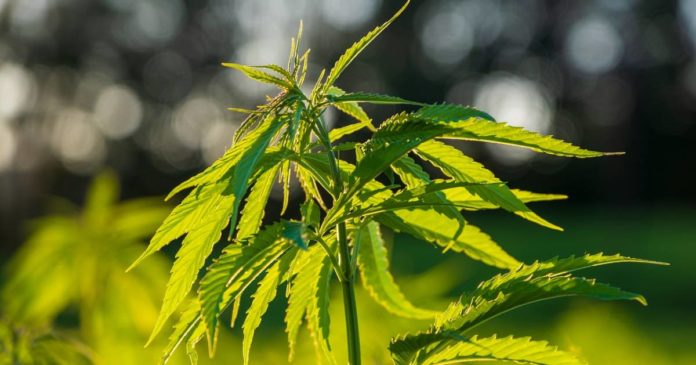A Drug Enforcement Administration (DEA) interim final rule currently open for comment but also now in effect has sent ripples across the USA’s hemp processing industry.
Last week, the DEA published an interim final rule in relation to statutory amendments to the Controlled Substances Act (CSA) made by the Agriculture Improvement Act of 2018 in relation to marijuana, or “marihuana” as it puts it, continuing to use the old alternative spelling.
The Agriculture Improvement Act of 2018, aka 2018 Farm Bill, made the distinction between hemp and marijuana and removed hemp the federal list of controlled substances.
“This interim final rule merely conforms DEA’s regulations to the statutory amendments to the CSA that have already taken effect, and it does not add additional requirements to the regulations,” said the DEA.
But according to Daniel Shortt, a business attorney at Harris Bricken who works extensively with entrepreneurs in the cannabis industry, there’s some devil in the detail.
In a nutshell, Mr. Shortt said the rule would make in-process hemp extract that may temporarily contain a higher percentage of delta-9 THC a schedule I substance, regardless of whether that THC is diluted or removed in an end product.
“As cannabinoids are isolated it is nearly impossible to control the levels of delta-9 THC from increasing through that process,” says Mr. Shortt. “Regardless of the intent behind the rule, it does create real criminal risk for anyone who processes hemp.”
He notes that the interim rule came into effect as of August 21 and despite it being open for comment, it is currently “the law of the land” – so if the DEA was so inclined, it could collar processors.
The DEA’s interim final rule also declares all synthetically derived tetrahydrocannabinols remain schedule I controlled substances. Some interpretations of this say given delta-8 THC products were apparently previously in a legal grey area in some states, these are now, for the most part, illegal. This is because delta-8 THC only exists in very small quantities in hemp, so for commercial applications it is converted from CBD (cannabidiol) using a chemical catalyst; making it a synthetic. The status of delta-8 THC is not addressed specifically in the interim final rule.
The DEA is accepting public feedback on the interim final rule until 11.59pm on October 20.


